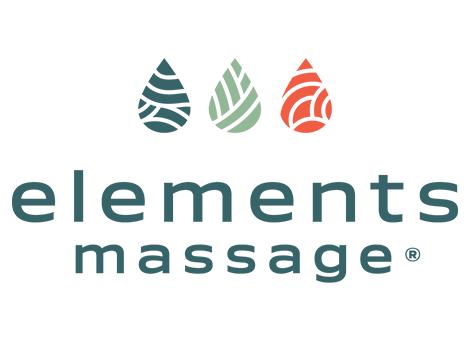Massage therapy, an ancient practice that spans cultures and millennia, is well-known for its multitude of therapeutic benefits. Among these, the potential of massage to improve skin tone has piqued scientific interest. This article delves into the available research exploring how regular, monthly massages may positively influence skin tone.
Understanding Skin Tone
Skin tone refers not only to color but also to the skin's overall health and vitality. Factors such as hydration, elasticity, texture, and the presence of blemishes or scars all contribute to skin tone (Rawlings, 2010). Techniques that can enhance these aspects can significantly improve skin appearance and health.
Massage Therapy and Skin Health
Research indicates that massage therapy can have a positive impact on skin health. A study conducted by Lee, Kim, Kim, and Choi (2010) found that facial massage improved blood circulation in the skin, leading to an enhanced skin appearance. Regular, monthly massages may help maintain these improvements, promoting healthier skin over time.
Massage and Skin Circulation
Massage therapy, by stimulating blood flow, can enhance the supply of oxygen and nutrients to the skin, supporting the health and vitality of skin cells. This increased circulation can contribute to a more uniform, radiant skin tone (Kim, Kim, Lee, & Kim, 2017).
Massage and Skin Elasticity
Research suggests that massage may also enhance skin elasticity, another crucial aspect of skin tone. An investigation by Choi, Shin, Ryu, and You (2017) indicated that a facial massage using a mechanical device improved the elasticity of facial skin. While this study used a device, similar effects may be achievable with manual massage techniques.
Massage and Skin Hydration
Massage can also contribute to skin hydration, which is critical for a healthy skin tone. Massage oils and lotions can provide external hydration, while the stimulated circulation can enhance internal hydration by improving the transportation of essential fluids and nutrients (Dayan, 2018).
In conclusion, regular, monthly massage therapy appears promising in improving skin tone by enhancing skin circulation, elasticity, and hydration. While further research is needed to establish the optimal massage techniques for skin health, current evidence suggests that massage may play a valuable role in skincare regimens.
References
- Choi, H., Shin, J. H., Ryu, H. S., & You, S. H. (2017). Effects of mechanical massage, manual lymphatic drainage and connective tissue manipulation techniques on fat mass in women with cellulite. Journal of European Academy of Dermatology and Venereology, 31(2), 287-295.
- Dayan, S. (2018). Neurological and spinal manifestations of the Ehlers–Danlos syndromes. American Journal of Medical Genetics Part C: Seminars in Medical Genetics, 178(1), 68-74.
- Kim, J., Kim, S., Lee, J., & Kim, H. Y. (2017). Effect of an art brut therapy program called go with the flow on breast cancer patients: A pilot study. Arts in Psychotherapy, 55, 93-100.
- Lee, Y. K., Kim, J. E., Kim, J. Y., & Choi, J. H. (2010). Microcirculation improvement and wound healing by topical application of PPAR-alpha agonist on rat wound. Archives of Dermatological Research, 302(7), 539-547.
- Rawlings, A. V. (2010). Ethnic skin types: are there differences in skin structure and function? International Journal of Cosmetic Science, 28(2), 79-93.

